 Boiler Installation Cost Calculator Get Your Accurate Quote
Boiler Installation Cost Calculator Get Your Accurate Quote
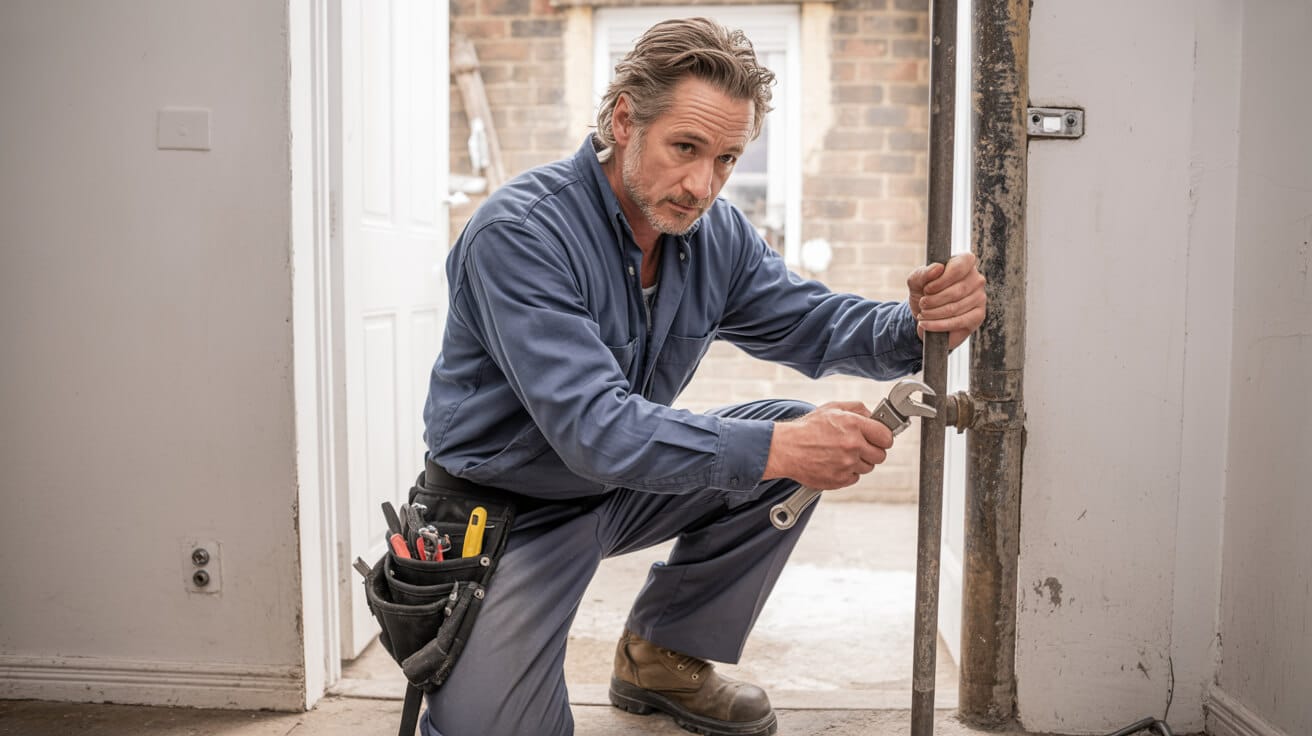
Why the Right Boiler Installation Quote Shields You From Surprise Costs and Stress
Certainty. That’s the word that makes every homeowner, landlord, letting agent, and property manager sleep soundly. When it comes to something as significant as a boiler instal, “close enough” isn’t close at all. Boiler replacement and installation expose you to hidden financial, regulatory, and reputational risks—risks that a generic online calculator or a hurried headline quote simply can’t eliminate. At Plumbers 4U, our quoting process is deliberately engineered to protect your interests, not just churn out a number.
A ballpark figure feels reassuring—until it turns into a comeback bill you never saw coming.
Picture this: You search for “boiler cost calculator,” fill in some details, and boom—a price appears. But that number, by design, trades true certainty for speed. It can never account for the quirks behind your cupboard or the legal boxes that must be ticked if you want insurance, warranty, and resale protection. In this piece, you’ll see how to cut through the sales fog, ask the right proof-driven questions, and ensure your next boiler quote delivers genuine value—long after the installer leaves.
Can an Online Boiler Installation Calculator Handle Your Real-World Risks?
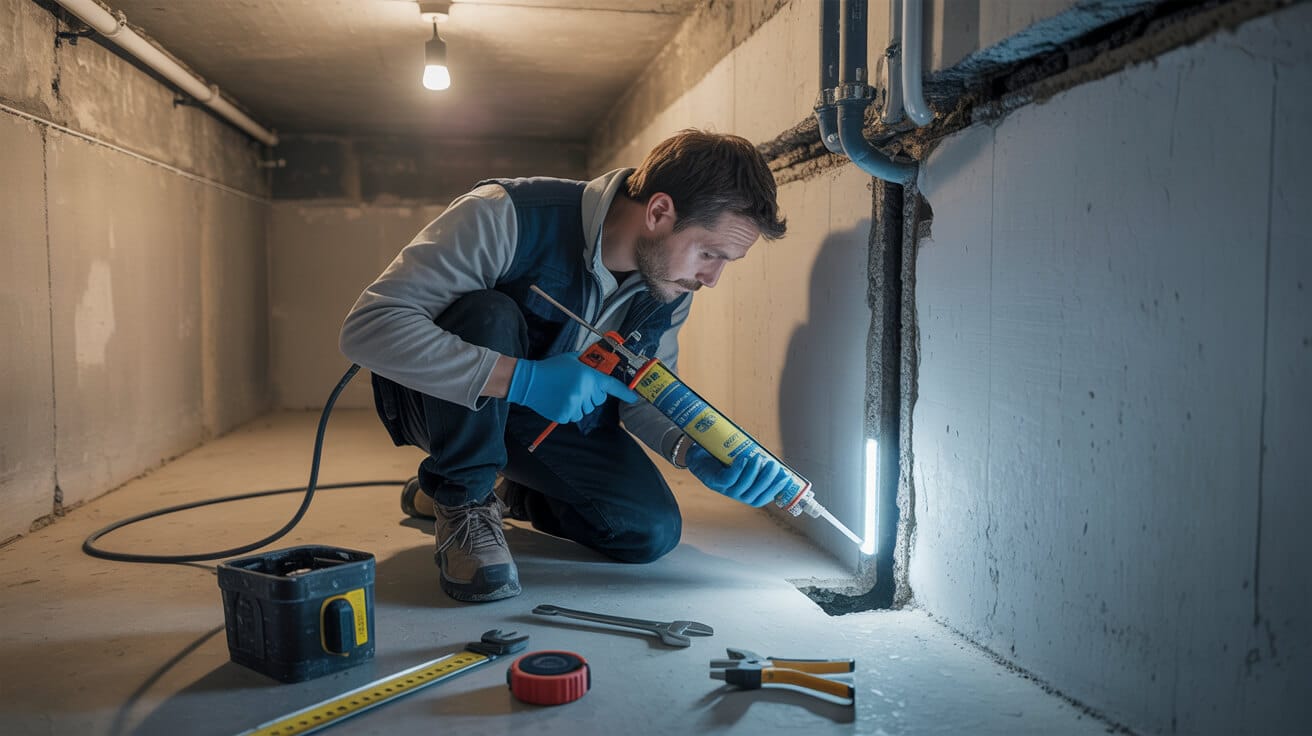
Throwing your postcode and boiler type into a website is convenient. It can feel like progress. In fact, over 60% of homeowners now try multiple online boiler calculators before talking to a human engineer (Boiler Guide). Quick answers help you get oriented, but calculators are boxed in by their own limitations—they can’t pull up floorboards, sense worn out sections of pipe, or guarantee your compliance paperwork stacks up for future claims.
Algorithms sort options; only a real engineer can see if the last installer missed a hidden danger.
Where Calculators Help—and Where They Fall Short
- Good for ballpark budgeting: —If you’re price-comparing combi vs. system vs. regular, calculators offer a helpful ballpark and let you compare multiple suppliers.
- Clear on basic inclusions: —They show you what’s standard: standard labour, basic parts, modular upgrades.
- Sales-free starting point: —Get a number before the calls start rolling in.
But here’s what even the best calculator can’t cover (and why it directly affects your purse, your paperwork, and your stress levels):
- Quirks you can’t tick-box: Pipe routes in old extensions, access issues, and odd property layouts—all invisible to forms, but highly visible when things go wrong or an inspector pays a visit.
- Compliance gaps: No online tool checks for an accessible stopcock, flue clearances, or whether a powerflush is necessary for your new boiler’s warranty ([Landlord Vision](https://www.landlordvision.co.uk/blog/choosing-right-boiler-rental-property/?utm_source=openai)).
- Quote drift: The old “add-on” trick—costs rising mid-job as hidden issues are uncovered. This turns a cheap instal into a saga of calls, delays, and surprise bills.
A calculator is a philtre, not a final answer. If you want a job that stands up to legal, technical, and resale scrutiny, you need a skilled human survey—not just a click-and-forget price.
What Actually Moves the Needle on Real Boiler Installation Prices?
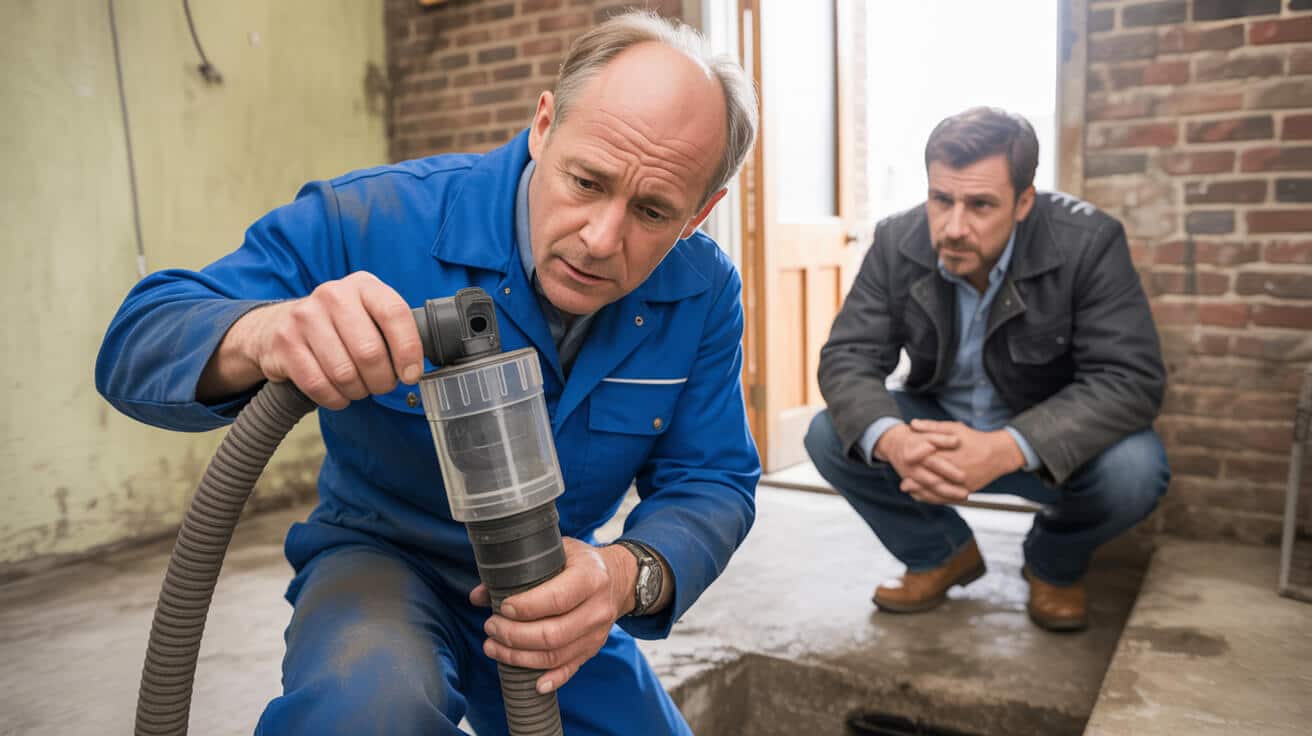
A headline figure—say, £1,495 for a new combi—is just the front door. The true, all-in cost is shaped by property-specific details, the type of system, compliance level, and the skill of your installer. The biggest savings? They’re always found before the work begins, when your quote accounts for the full picture.
What Drives the Bottom Line on Your Boiler Quote?
- Type and output: Combi, system, or conventional boilers all bring their own complexity. A basic combi instal might be £1,500–£4,500; a system swap with zoning or special valves can run £5,000+ ([Heatable](https://heatable.co.uk/new-boilers/advice/new-boiler-costs-explained)).
- Property shape and access: Flats with tricky flues, extensions, or basements needing special equipment—these all shift the price (and regulator’s scrutiny).
- Usage profile: The more en-suites, kitchens, or high-use rooms, the more spec and labour required.
- System upgrades: If your system needs a powerflush, re-pipe, or updated controls, costs rise—but skipping these can void your new boiler’s warranty before you finish your tea.
- Legal compliance triggers: Any upgrades in older properties can require new WRAS-standard materials, Part G improvements, or a dash for missing Gas Safe paperwork.
A robust, “bulletproof” quote always arrives after a practical site survey. That’s where an engineer weighs up your needs—flushing out any scope gaps, clarifying inclusions, and revealing where future bills might lurk if you cut corners.
The damage isn’t always the line you see—it’s what gets missed that spirals into future problems.
How Do Smart Owners and Agents Scrutinise Boiler Quotes (and Avoid Shocks)?
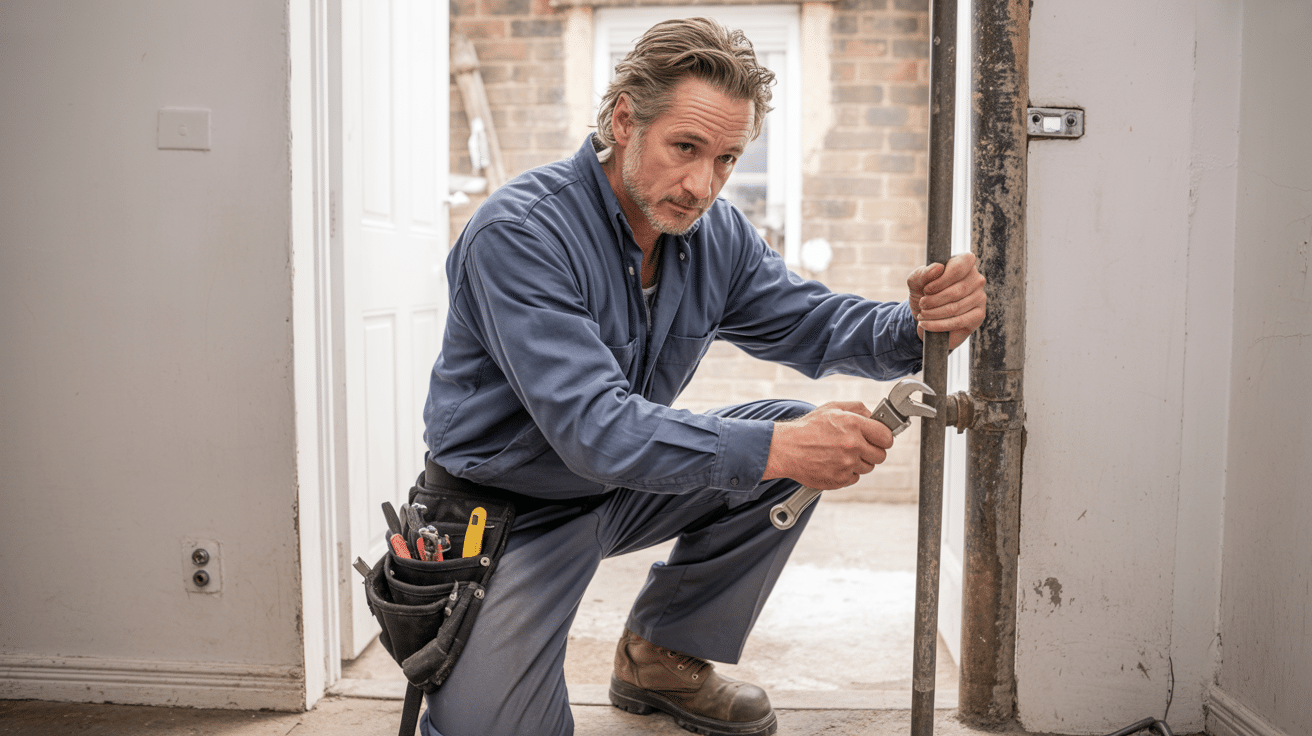
Every property professional or careful homeowner faces a sea of “too good to be true” numbers. The wise approach? Put every quote under the microscope and ignore shiny promises if they don’t pass three hard checks:
- Comprehensive line-by-line scope: If the quote doesn’t detail every fitting, flush, cylinder, and control, it’s hiding profit for a later day.
- Credentials in black and white: Accept only full Gas Safe, WRAS/WaterSafe, G3 unvented, and (if commercial) TrustMark numbers. Anything missing should send you running.
- Aftercare and all compliance paperwork included: Your benchmark log, CP12 gas cert, or WaterSafe paperwork are your property’s legal lifeblood. Don’t risk a missing form scuppering your refinance or voiding your warranty.
Focus on the badge and the paperwork. That’s the evidence you can actually show your insurer or a future buyer.
Here’s a straight-talking table showing what every real fixed quote should guarantee:
Every quote you accept should guarantee:
| Proof or Spec | Required? | What It Delivers |
|---|---|---|
| Gas Safe certificate | Yes | Legal, all warranties/insurance valid |
| WRAS/WaterSafe docs | Yes | Safety and legal compliance, zero risk of water regulation prosecution |
| Line-by-line scope | Yes | No hidden extras—clear value for money |
| Full compliance docs | Yes | Future resale and insurance proof, business grant eligibility |
If one of these is missing, the “fixed” price won’t fix your future headaches.
What About Building Layout, Special Use Cases, and Hidden Regulation Traps?

On paper, properties might look alike. In reality, the risks, costs, and compliance hurdles jump the moment you peel back the plaster, check the survey, or review the heating log. A quote that doesn’t factor your quirks, usage patterns, and legal zone isn’t a fixed price—it’s a future call-out waiting to happen.
For Homeowners: Modern Layouts Meet Legacy Systems
- Open-plan extensions, more bathrooms: Adding a bathroom or utility room shifts demand—each upgrade can mean a £400–£1,200 swing for valves, controls, and pipework ([Homebuilding](https://www.homebuilding.co.uk/advice/how-much-does-a-new-boiler-cost)).
- Period properties and listed buildings: These nearly always mean extra pipe upgrades, special flue designs, or hard-to-source parts. Calculators don’t catch it—engineers do ([The Greenage](https://www.thegreenage.co.uk/what-type-of-boiler-should-i-choose/)).
- Eco and smart upgrades: Schedules, multi-zone thermostats, control panels—modern tech brings efficiency, but only if expertly integrated.
For Landlords and Agents: Documentation is Safety (and Business)
- Every new boiler triggers CP12 and WRAS requirements: Miss them and you risk letting bans, fines, or compensation claims.
- Re-letting and insurance: Refuse an incomplete Benchmark or service log and face instant compliance risk.
For Commercial/Multi-Occupancy: Multiply Everything
- Out-of-hours scheduling: Restricted access means extra shifts and risk assessment costs.
- Complex zoning and manifold instals: More tenants = more valves and controls, more paperwork.
A site survey, not a spreadsheet, reveals how to protect your property for the long run.
Is Compliance Just Red Tape, or the Only Real Asset Your Boiler Instal Delivers?
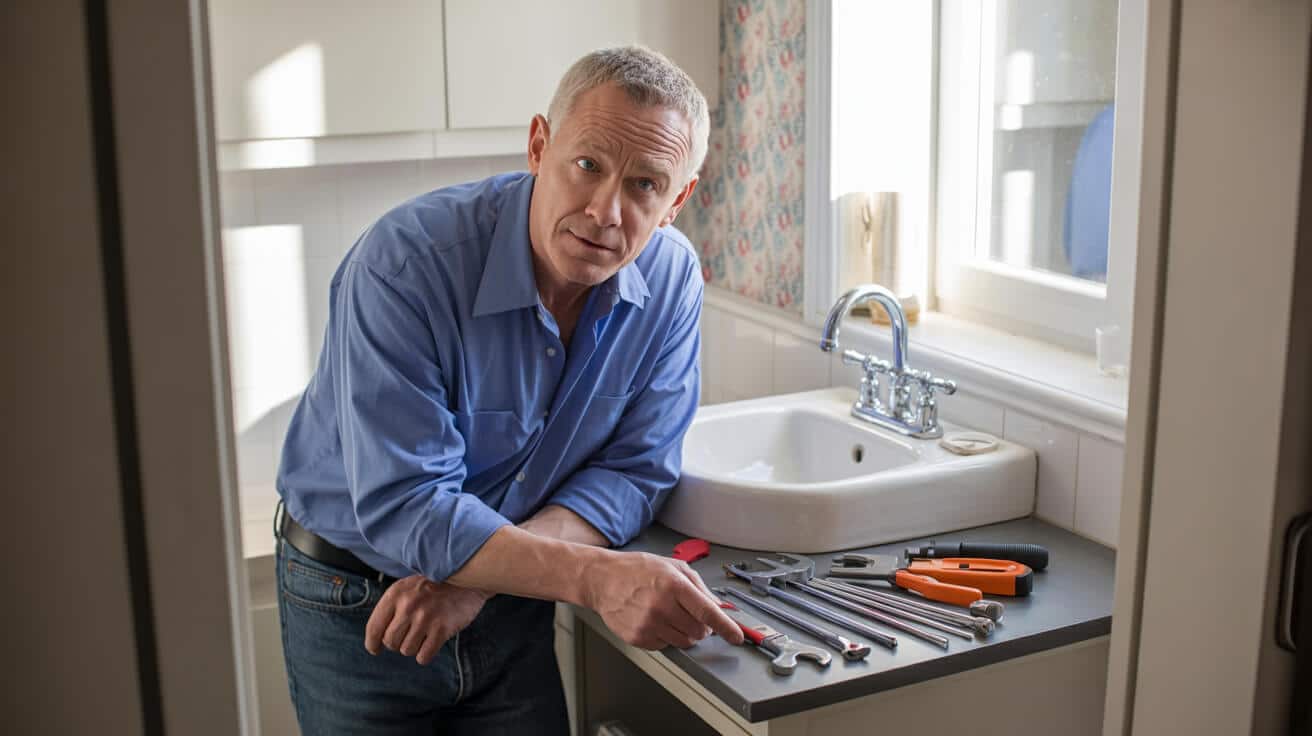
Some see paperwork as a box-ticking pain. But miss a document, and your asset loses value instantly—in the eyes of insurers, grant providers, tenants, and the law.
Without paperwork, your new instal is just a costly liability.
The “real” instal, when done by a reputable, badge-carrying engineer, delivers:
- Gas Safe sign-off: Non-negotiable; you *cannot* sell, lease, or insure without it ([Gas Safe Register](https://www.gassaferegister.co.uk/find-an-engineer/)).
- WRAS/WaterSafe materials and procedures: Prove your drinking water stays safe and your instal meets the law ([WRAS](https://www.wras.co.uk/consumers/plumbing_related_faults/plumbingchecklist/)).
- Building Control sign-off for bigger works: Essential for re-sale, insurance, legal disputes, and energy grants ([Gov.uk](https://www.gov.uk/building-regulations-approval/when-you-need-approval)).
Here’s how Plumbers 4U give you this peace of mind: we log every certificate, compliance check, and contact point—so you’re never left scrambling if a buyer or assessor calls.
How Fixed Is Your “Fixed Quote”? The Loop That Traps Owners in Cost Chaos

The reality? Most “fixed quotes” are only fixed until the installer hits an issue or a compliance blindspot. That’s why only quotes based on a full site survey have any real integrity.
- Survey-first, always: More than 80% of trusted engineers refuse to sign a final quote until they’ve completed a property-specific review ([Boiler Guide](https://www.boilerguide.co.uk/boilers/quotes-explained?utm_source=openai)).
- Everything baked in: Our fixed quotes include power flushing, any needed relocation, controls, and all documentation—no wiggle room, no sudden extras down the line.
- Paperwork sorted by default: Benchmark, warranty, and compliance packs are ready for your files, your tenants, or an agent—before we leave.
- Labour, parts, aftercare: All rolled in. You aren’t hit with another line on the invoice a week later.
If your fixed price isn’t signed off after a site visit, it’s a maybe—and maybes never protect your property, budget or insurability.
What Do You Lose Without Aftercare, Regular Servicing, and Upgrade Pathways?

A boiler instal is more than day-one savings. Robust aftercare, scheduled compliance reminders, and advice on evolving standards keep your installation valuable and future-proof for years to come.
How Plumbers 4U Keep Your Property Protected
- Scheduled safety reminders and services: Never risk missing your annual CP12, WRAS service, or insurance requirement.
- Upgrade and efficiency check-ins: Proactive, expert-guided reviews to keep you eligible for future energy grants or smart upgrades as regulations shift.
- Digital paperwork, available on demand: All compliance, warranty, and maintenance logs centralised—no mad searches when you need a document.
- Human support, not just an app: When you need advice—be it a system issue, compliance check, or new tenant query—you can talk to an engineer, not just a call handler.
You’re not buying just a boiler; you’re buying ongoing protection and the assurance that your investment stays compliant and valuable.
What Sets a Plumbers 4U Fixed Boiler Quotation Apart From a Guess?
It’s simple: We don’t cut corners. We send credentialled, WRAS and Gas Safe engineers to your site, provide line-by-line pricing, and hand you a pack that secures your compliance, your warranty, and your property’s long-term value.
Here’s What You Get With Plumbers 4U’s Boiler Quote:
- All credentials shown—Gas Safe and WRAS front and centre, not “on request.”
- Every cost itemised. No “little extras” to pop up later.
- Complete transparency on every aspect of the instal—site-specific, with no fudge factors.
- Flues, power flushes, zoning, controls, and all needed upgrades in the price.
- Handover documents to keep your property sale- and insurance-ready.
- Aftercare that continues after the warranty—a real lifeline as standards and rules evolve.
- Specialist mapping—whether you manage flats, rent out, run a business, or oversee multiple sites, our process is scenario-proofed.
- Reviews and digital proof for every single job.
You can’t shortcut trust. It’s built with documented credentials, clear contracts, and a process that puts owners, agents, and property professionals ahead of the game.
Trade Uncertainty For Clarity—Book Your Boiler Quote with Plumbers 4U
If you want to sleep easy after installing a boiler—whether for your own home, your rental portfolio, or your managed block—guesswork is not your friend. A calculator is helpful for a first look, but only a property-tuned, compliance-checked, and documented survey can truly bulletproof your investment.
The next step isn’t booking “a boiler.” It’s demanding a quote that stands up to audit, resale, and everything else property life throws your way.
Experience the difference between “close enough” and truly covered. Book a fixed, fully compliant boiler survey—and control your investment with Plumbers 4U behind every detail.
Frequently Asked Questions
What must a boiler installation quote specify to truly protect your time, wallet, and compliance standing?
A boiler installation quote isn’t just a piece of paper—it’s your shield against surprise bills, compliance stress, and those “how did this get missed?” phone calls no property owner wants. The best quotes do more than itemise—they map out every variable, every compliance step, and every cost, in plain English you can challenge and check. When a quote simply waves “includes all works,” you’re not just missing detail—you’re inviting avoidable risk.
A best-in-class boiler quote should leave nothing to the imagination or fine print:
- Every product (boiler model, output, controls, efficiency, warranty) is specified and matchable to consumer feature tables.
- Labour split by task, so you’re never blindsided by bulk “works” padding.
- Flue kit, plume kit (with all parts and special runs for unique properties) is fully described.
- Disposal and removal of old equipment is confirmed as compliant.
- Water/system flush and cleanse type (method—chemical, powerflush, etc.), including pre/post-instal readings or certifications.
- Compliance and paperwork commitments (Gas Safe, Benchmark, WRAS or G3, digital/physical docs).
- Aftercare—either as a line item or spelled-out warranty/servicing protocol.
| Boiler Quote Element | Must-Have? | What It Prevents |
|---|---|---|
| Named boiler + controls | Yes | Confusion, spec shortfalls |
| Labour/parts breakdown | Yes | Hidden costs, claim disputes |
| Flue/plume detailing | Yes | Non-compliance, insurance voidance |
| System flush/cleanse method | Yes | Early failure, warranty loss |
| Removal + disposal line | Yes | Unauthorised dump or extra charge |
| Paperwork: Gas Safe, WRAS, G3 | Yes | Legal, letting, resale blocks |
| Aftercare/warranty inclusion | Yes | Fault exposure, lost value |
When each stage is on paper, your costs and compliance are as leak-free as your system.
Frequently missed: vague line items, “allowance” trapdoors, missing upgrade options. Demand your quote itemise possible variable costs—extra pipework, access fixes—with capped numbers, and insist all compliance steps are tied to a real-world certificate (not just a verbal promise). Pros like Plumbers 4U expect to be challenged—ask how your quote stands up to today’s Building Regs, insurance rules, and grant eligibility checks.
How do you expose and block hidden extras or “catchall” lines?
- Insist on clarity—replace any “all works included” with named task lists.
- Confirm all listed parts meet WRAS, Gas Safe, and, if relevant, G3 standards.
- Ask about “if required” extras: what could trigger an extra charge, and when? Get every answer in writing.
If it takes more than one conversation to nail this down, you’re getting a masterclass in why written quotes matter—control the quote, you control the outcome.
Why do online boiler quotes often hike up after a survey—and how do you lock in cost certainty without overpaying?
Online quote tools are fast but shallow—what they can’t see costs you money. Industry surveys in 2023 found that more than 40% of UK boiler replacements ran at least £300–£1,200 above the digital “estimate” once a local survey revealed hidden quirks like awkward subfloor pipe runs, access blocks, bespoke flues, or safety-critical metre upgrades. Digital calculators don’t have x-ray eyes for legacy plumbing or electrical surprises behind the walls.
Online quotes skip:
- Gas main sizing and metre positioning checks (sometimes forcing costly upgrades).
- Hard-to-reach flue runs—especially in Victorian, converted, or high-rise properties.
- Live system compliance checks: controls, zone valves, Part L upgrades, or electrical isolation.
- Access and scheduling issues—parking, keys, tenant/landlord handoffs.
There’s always a wildcard—calculators don’t see it, but your invoice will.
The fix? Refuse to part with a deposit until a qualified pro (from Plumbers 4U or another proven team) walks your property. Accept only a written, post-survey quote, with line-by-line extras priced or ruled out. Ask for scenario-based “if X is found add £Y,” but require cap figures, not vague open-ended “day rates.”
How can you force real transparency before the work begins?
- Book an in-person, pre-start survey (a “virtual” review isn’t enough).
- Demand a full breakdown in writing after the survey, not just a “web estimate.”
- Set out, in plain language, the maximum extra for any specific scenario.
- Retain copies—digital and on paper—of every version, including pre-work approval.
Teams that steer clear of transparent quotes are signalling future drama. Insist on full documentation, and you’ll budget with the same certainty you want from your heating.
Which property and boiler features push pricing up—or drive long-term value far beyond “just” discount offers?
Instal costs aren’t random—they’re shaped by property realities and compliance, not headline price tags. A simple flat swap is rarely more than a swap; properties with cylinders, multi-zoning, or aged pipework often need system-level upgrades for today’s pressures or rules. Pay attention to these drivers to claim value, not just a headline “deal.”
Top price levers and ROI amplifiers:
- Boiler type and power: Combi-for-combi is lowest cost; upgrades for larger homes or cylinders raise complexity.
- Cylinder/immersion status: Replacement vs removal can shift project cost and legal readiness for letting or sale.
- Flue runs: High-exit points or irregular routes require extra kits—and sometimes scaffolding.
- Pipework age: Old, under-sized, or green-patina copper may mean a whole-house upgrade for insurance or warranty acceptance.
- Control upgrades: TRVs, smart/programmed controls, zoning—now mandatory under recent Part L changes for some systems.
- Compliance triggers: Grant eligibility, EPC rating, water fitting certificates, G3 unvented safety.
| Feature/Constraint | Price Impact | ROI Move |
|---|---|---|
| Boiler spec (combi/system) | High | Get a heat-loss calculation—not guesswork |
| Cylinder (hot water) | Medium | Replace or remove for futureproofing |
| Flue route | High | Plan early—avoid later “structure” dramas |
| Pipework health | High | Refresh now, avoid legacy failures |
| Controls/compliance | Medium | Upgrade for legal cover and lower bills |
£150 on a quality flush or smart stat beats £500+ in future repairs.
How to claim the upside? Request an engineered heat-loss assessment, not a “sounds about right” estimate. Prioritise upgrades that don’t just meet, but get ahead of compliance—especially if you rent or plan to sell. And never buy just on upfront price: insurance, grants, and long-term service all reflect today’s instal decisions.
How do you check installer qualifications and keep your system 100% legal and insurable—no nasty surprises?
Legality in UK boiler instals sits on documentary proof—everything else is just stickers. Gas Safe Registration, WRAS-approved fittings, and G3 for unvented work aren’t “extras”—they’re legal points of entry, and missing a single doc can void your insurance, energy saving grants, or ability to let/sell the property. Checking them isn’t rude; it’s the default for any owner or manager who wants to future-proof their asset.
Practical verification should include:
- Seeing the installer’s Gas Safe card—check the photo, expiry, and competencies online.
- Collecting WRAS approval or certificate numbers for all major components.
- Insisting on a completed Benchmark book and digital warranty registration.
- Demanding G3 certification for unvented cylinder jobs—no certificate, no legal sign-off.
| Proofing Requirement | Who Provides? | Consequence if Skipped |
|---|---|---|
| Gas Safe/CP12 | Installer (by law) | Illegal instal, no insurance |
| WRAS certificates | Installer/supplier | Water safety fault, code snag |
| G3 certification | Unvented/properly trained team | Can’t let/sell property legally |
| Benchmark/warranty | Installer | Service denied, loss on warranty |
When your documents are flawless, lenders, insurers, and letting agents all step aside.
The best-in-class providers, Plumbers 4U included, actively show proof, digital records, and template paperwork during the quote process—because protecting your asset is their selling point.
What documents should you always keep for audit safety?
- Initial quote, certificates, sign-offs, and ongoing maintenance/repair logs.
- Digital and physical copies for each asset.
- A named contact for future queries, warranty, or escalation—never just “the office.”
When you have this archive, emergencies shrink, and resale or letting snags are sorted before they start.
How can you guarantee your “fixed” quote stays fixed—even when jobs get complicated?
A fixed price only earns its name if a written, survey-based, fully itemised contract is in your hand—before money changes hands. Too many “fixed” deals fall apart as the installer hits hidden variables and tries to shift the scope or pass along add-ons mid-project. With the right contract, no “discovery” in a wall can trigger surprise costs without your sign-off.
Non-negotiables for a lasting “fixed quote”:
- Every task, part, and labour hour is explicitly named—no bundles, no “package” vagueness.
- Capped rates for the most common variables (unexpected pipe runs, access issues, zone valve swaps).
- All compliance steps are detailed—as are deadlines and responsible parties (Gas Safe registration, Benchmark, G3, etc.).
- Any change in project scope generates a new written, signed addendum—never slipstreamed.
Controlled paperwork equals controlled outcome. Never let a verbal promise out-rank your written contract.
Hold installers—yes, even your favourite ones—accountable to these standards. If a stack of new issues appears during works, demand a written summary, capped charge, and fresh signature before things proceed. That’s the approach Plumbers 4U operationalise as standard protocol.
What’s your playbook if the project scope or bill shifts?
- Insist that no additional works begin without your written authorisation.
- Save every document, amendment, and certificate, digital and hard copy.
- Identify and contact your escalation point up front—a named staffer, not a catch-all “support line.”
Follow this regimen and your budget, compliance, and time remain yours from start to finish.
What sets “aftercare” apart from a standard instal, and why does your certificate bundle matter long after the boiler runs?
A proper aftercare pathway is more than a casual offer—it’s your best protection for savings, compliance, and a drama-free future. The real value? Smoother warranty claims, easier letting or re-sale, and a direct line for advice if standards, insurance, or grant rules change. Outstanding teams make aftercare part of the original paperwork, not a post-sale marketing carrot.
Exemplary aftercare includes:
- Scheduled reminders for servicing and certificates (not generic, but model- and address-specific).
- All compliance docs supplied, both digitally and in hand—never “pending in the post.”
- Ongoing guidance on energy, regulatory, or grant-triggered upgrades.
- Direct support line to a real, named person for all compliance, insurance, or documentation questions.
| Aftercare Service | Format/Channel | Benefit Secured |
|---|---|---|
| Service reminders | Automated/email/call | Warranty kept live, risk lowered |
| All paperwork | Digital + hard copy | Documented proof for audits, claims |
| Upgrade advice | Scheduled | Eligibility for grants, savings |
| 24/7 support | Direct line/email | Help, not hassle, in emergencies |
Aftercare is your future value—each reminder, certificate, and support answer hardcodes peace of mind.
What do clients at every level get? Property and heating system checklists, digital compliance files you can email to solicitors or insurers, and support that’s proactive, not just reactive. Plumbers 4U stake their name on this approach because it’s how you defend your property—and your time.
Which checks, upgrades, or documents should aftercare always cement for you?
- Service schedules matching your appliance, setup, and compliance class.
- Digital certificates for Gas Safe, WRAS, warranty, and—if relevant—G3/Benchmark.
- Contact points for renewal, warranty, or future faults.
It’s this end-to-end documentation and support that distinguish “installed” from “protected”—and only the latter protects your time, budget, and future earning power.



